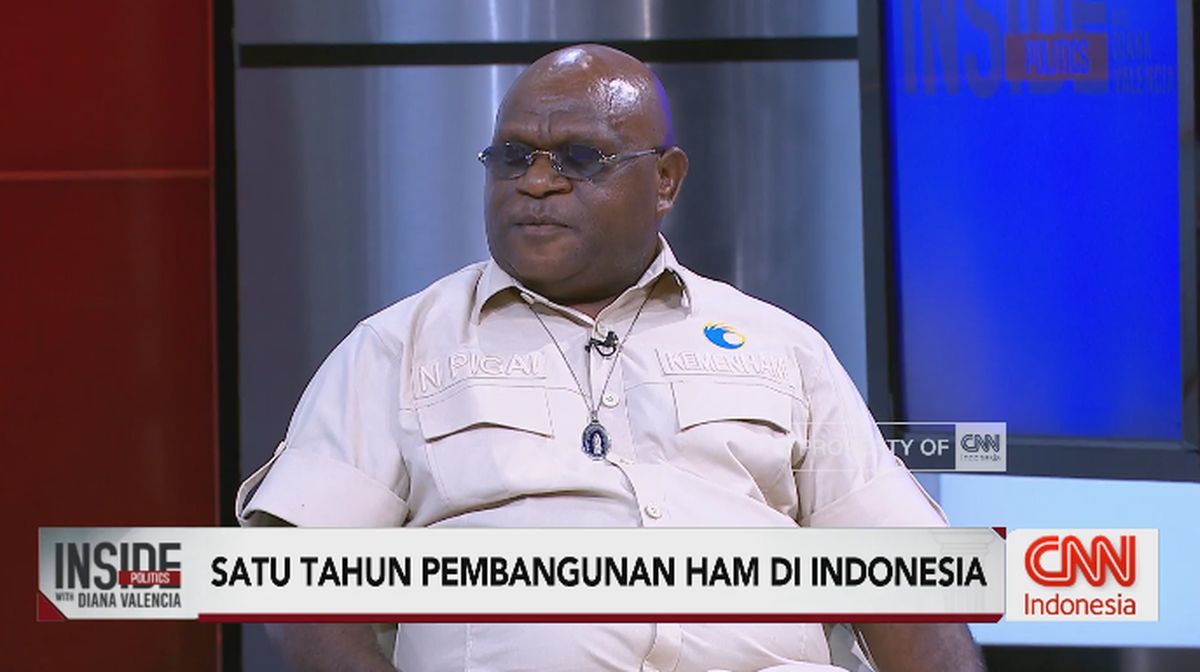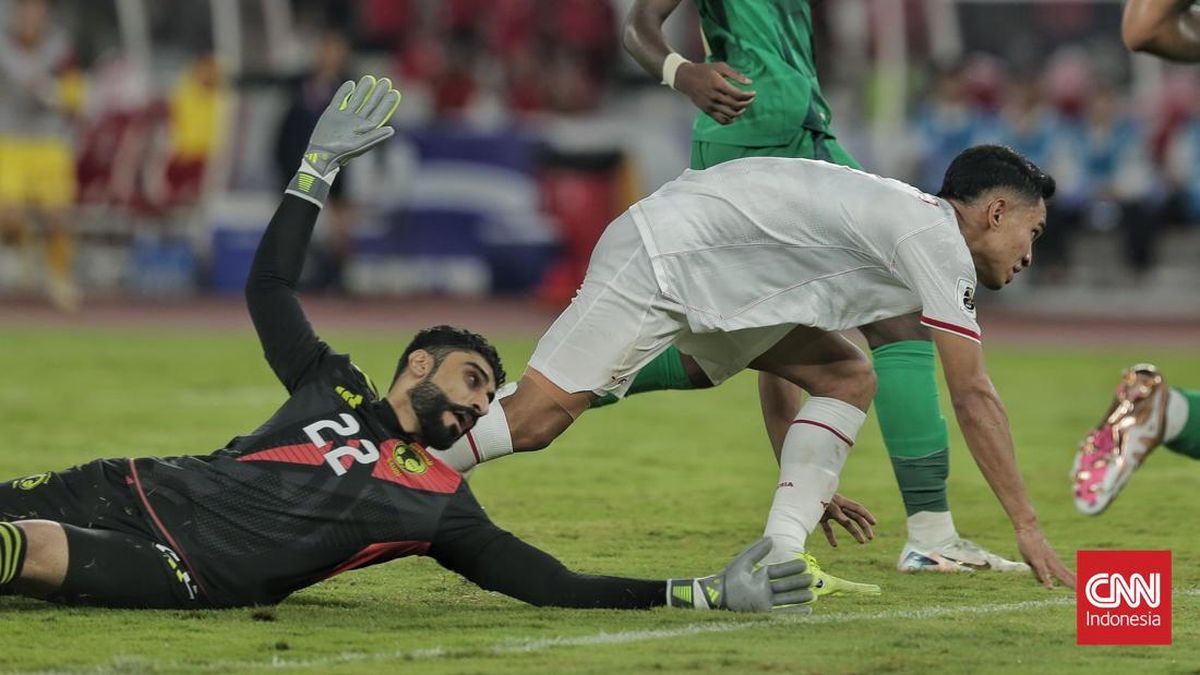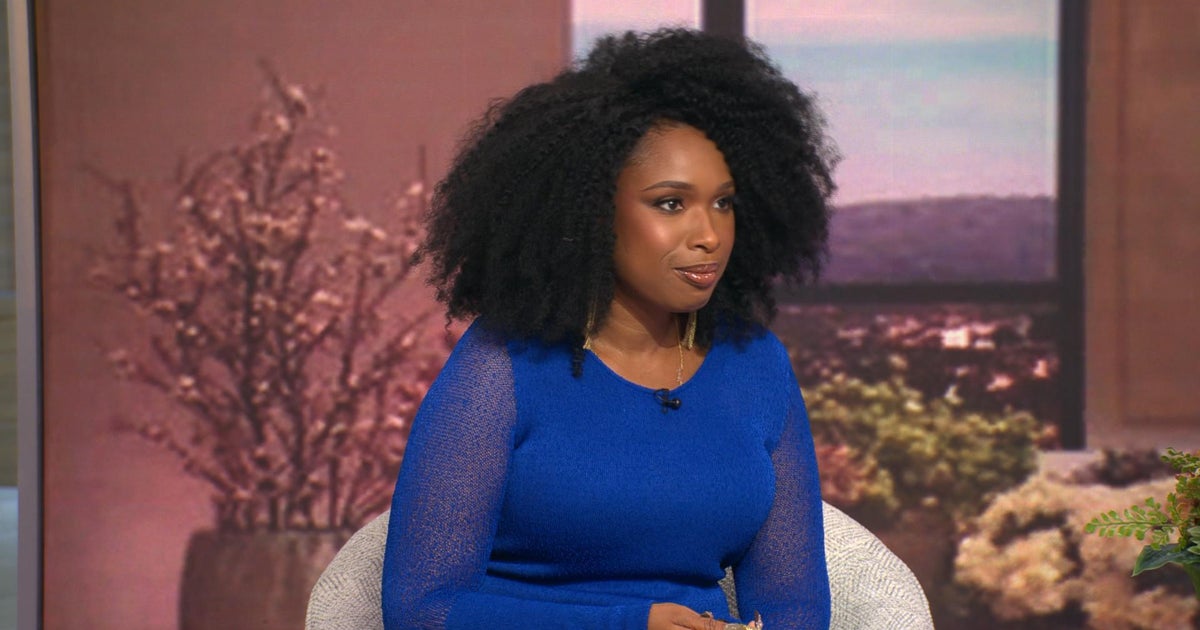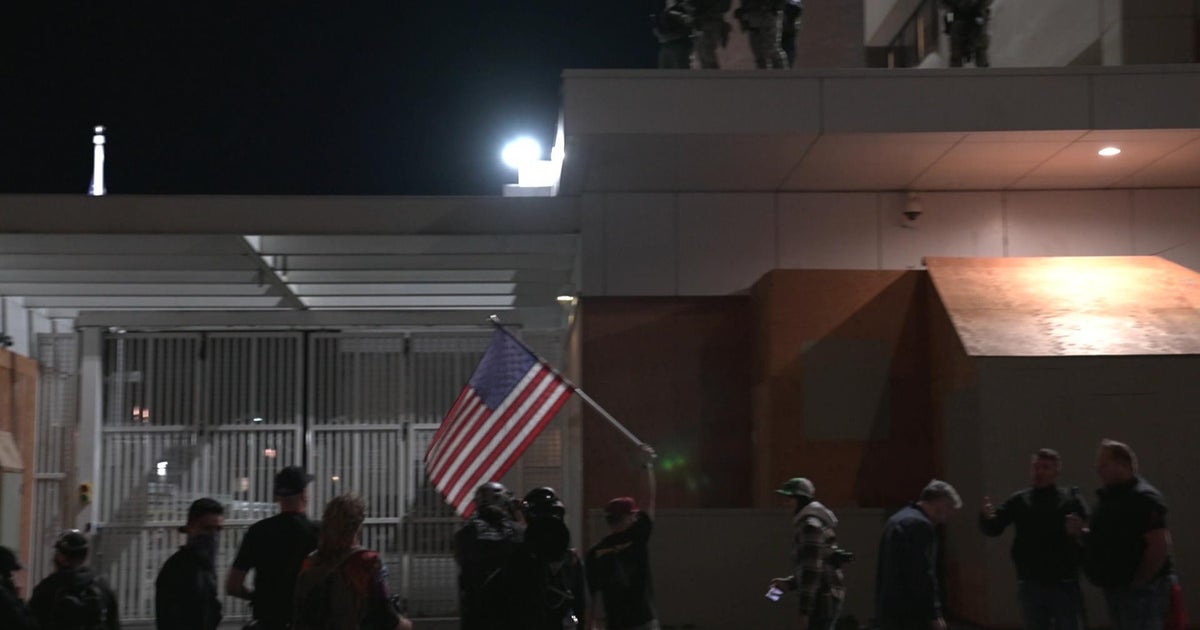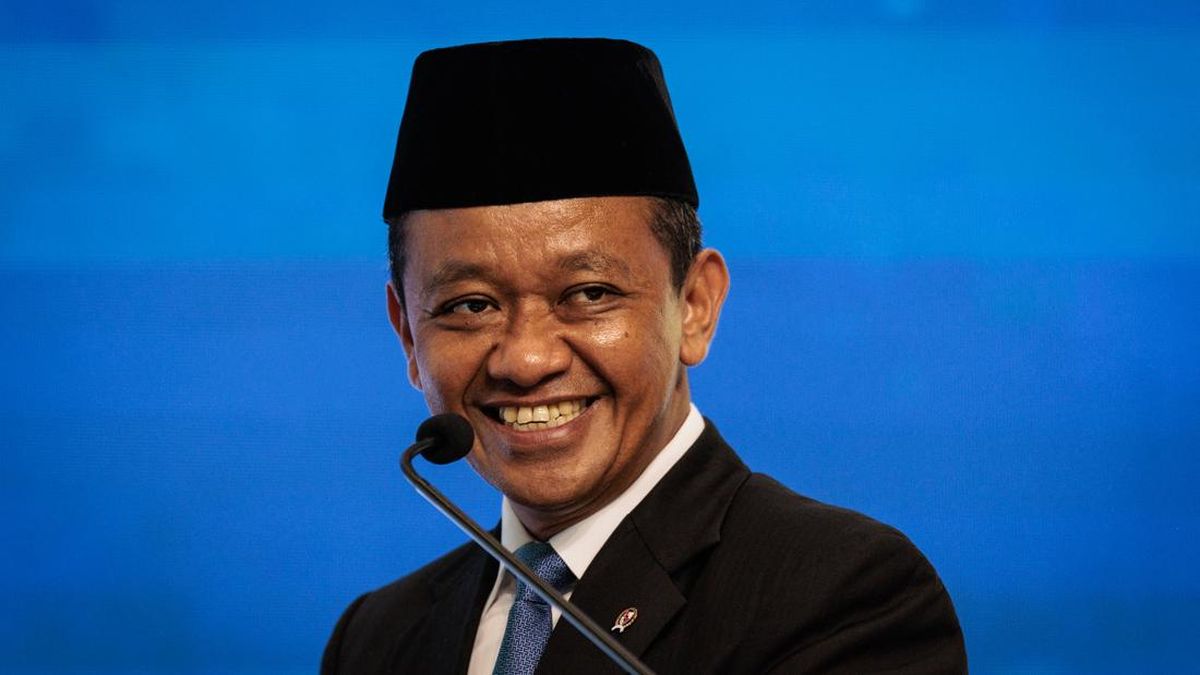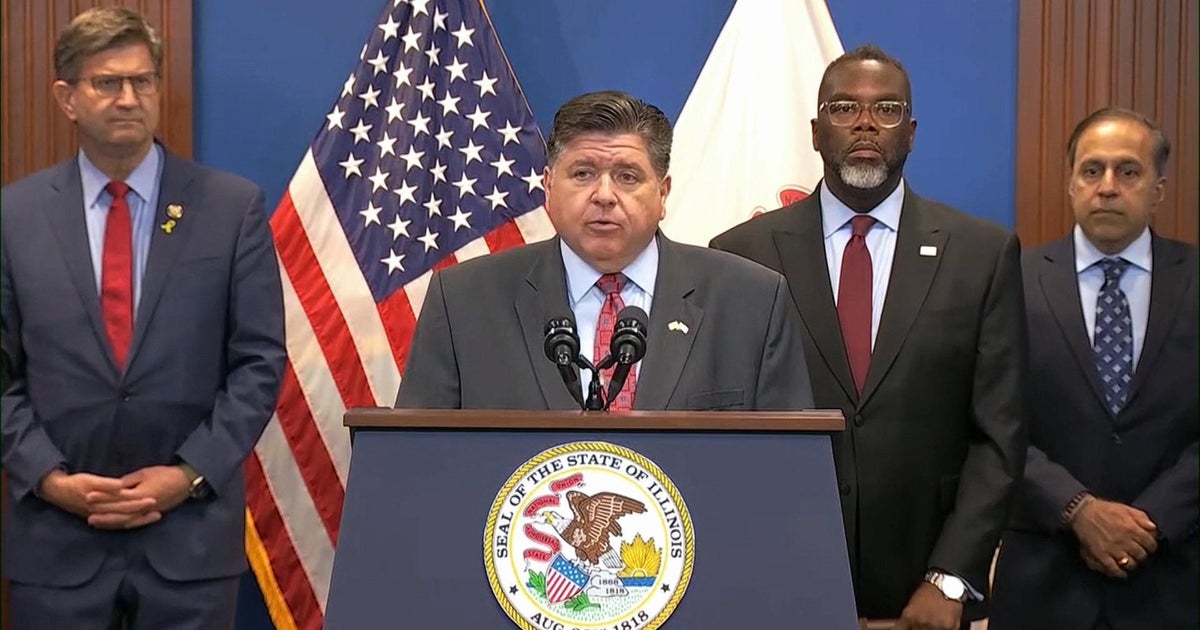Civics education should be introduced in all schools as a mandatory subject, a state parliamentary inquiry has recommended.
The Joint Standing Committee on Electoral Matters report, released last week, made 22 proposals to increase voter engagement, participation and confidence.
Chief among the recommendations was introducing civics education as a mandatory, standalone subject in NSW schools. The report said teachers and students were “crying out” for greater opportunities.

Christiana Soo, Madeleine Watson and Lauren Korenblyum from Pymble Ladies’ College are pushing for civics education in school. Credit: Wolter Peeters
“The committee is concerned about the gaps in civics education in schools,” it read.
The NSW government announced last year that studying democracy and the legal system would be compulsory in primary schools from 2027.
A NESA spokesperson said “every student” would benefit from mandatory civics and citizenship education, included within the new primary school Human Society and its Environment (HSIE) syllabus, and years 7 to 10 mandatory history, geography, PDHPE and elective commerce syllabuses.
But there is no dedicated civics syllabus for year 11 and 12 students, the topic only partly covered in legal studies and economics.
Murray Print, a leader in Australian civics education, said civics must be a standalone subject. “If you require something to be taught in school, and you do not give it a standalone status, and preferably mandatory status, then it gets lost,” he said.
“It gets lost in teachers’ overwork, it gets lost in the curriculum of the school.”
He acknowledged that resourcing was the source of a lot of the resistance to introducing a course.
“There’s not a trained pool of teachers who can teach that standalone subject,” he said.
At Pymble Ladies’ College, Year 12 students Madeline Watson, Christiana Soo, and Lauren Korenblyum pushed for their school to introduce a “women in politics mentorship program” after realising how many of their peers were disengaged from civics.
“The only education I remember learning about politics was in year 6. We had a brief excursion to Canberra and there was a brief unit on how parliament works, but obviously in year 6 you are not really paying attention,” said Madeline.
Lauren, who voted for the first time this year, said many of her peers who were also first-time voters had minimal knowledge. “In one of my classes we were encouraged to do the vote compass, and most people had never even heard of the parties,” she said.
Acting Education Minister Courtney Houssos said the updated curriculum would be an improvement as civics education would no longer be optional.
The Morning Edition newsletter is our guide to the day’s most important and interesting stories, analysis and insights. Sign up here.
Most Viewed in National
Loading

